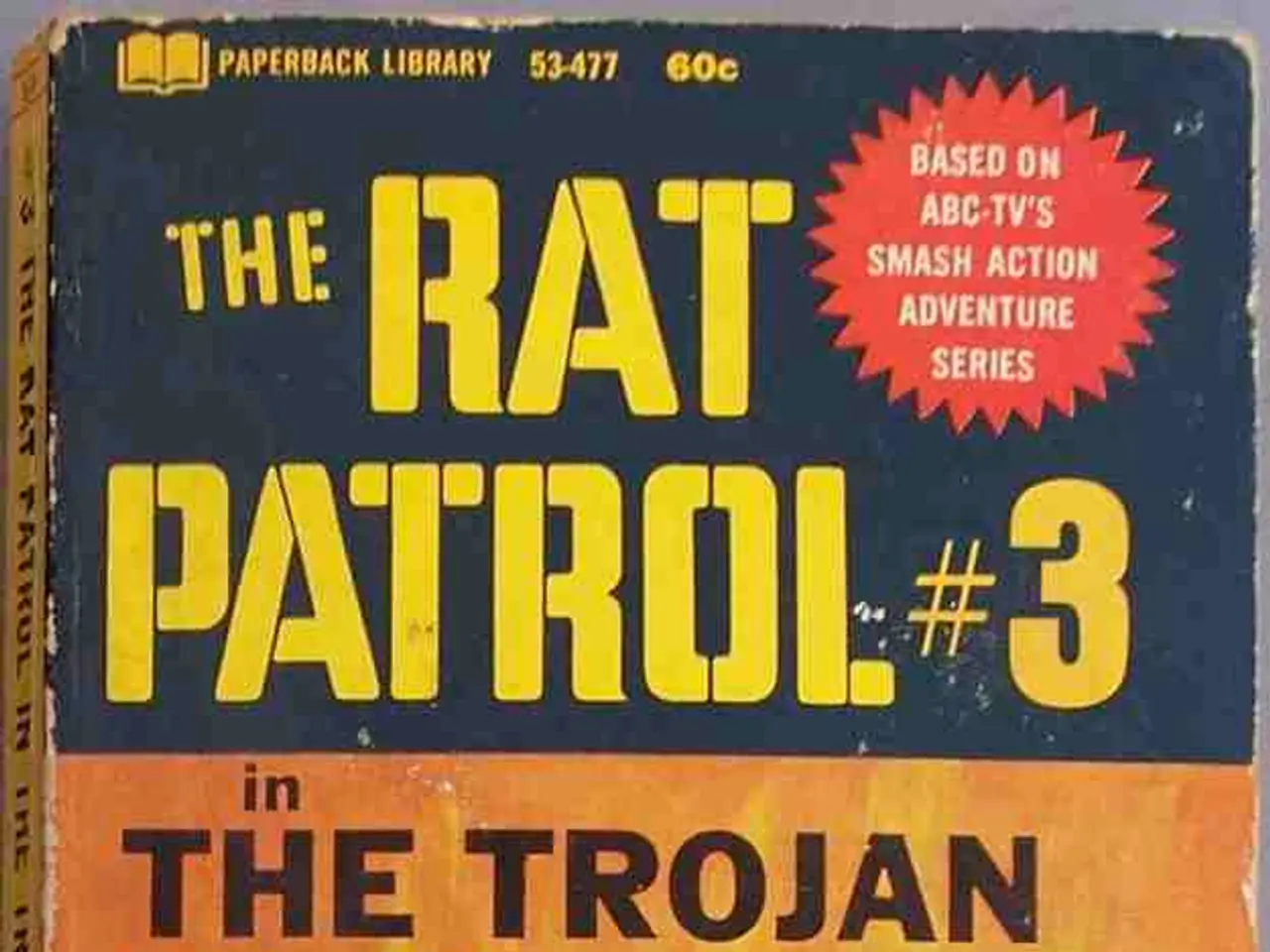Unity Amidst Strife: Exploring the Enduring Impact of Dr. King's Vision for Race Harmony in the Context of Current Conflicts
Article: Heroes of the Great War: The Choctaw Code Talkers and the Harlem Hellfighters
In the tumultuous years of World War I, two extraordinary groups of soldiers made significant contributions to the Allied effort, overcoming adversity and demonstrating remarkable bravery. These groups were the Choctaw Code Talkers and the Harlem Hellfighters.
The Choctaw Code Talkers were Native American soldiers who served in World War I. They were the first documented use of Native American languages as a military code, a practice that would later prove invaluable in other conflicts. During the Meuse-Argonne Offensive in 1918, eight Choctaw soldiers used their language to transmit messages, baffling German forces that had been intercepting U.S. communications. This innovative use of language helped turn the tide of the battle and laid the groundwork for future use of Native languages in military operations.
Despite facing discrimination and being denied US citizenship, the Choctaw Code Talkers served with distinction. Their method was eventually adopted by the US Army during the war, and it later served as inspiration for the Navajo Code Talkers in the Second World War.
The Harlem Hellfighters, officially known as the 369th Infantry Regiment, were an African-American unit that served in World War I. They were part of the French Army and did not have direct involvement with code talking. However, they made history with their unwavering courage and endurance. The Harlem Hellfighters fought continuously for 191 days in France without being relieved, a record unmatched by any other American unit during the war.
The Harlem Hellfighters faced significant discrimination and sabotage from their own government. They had to wait for their uniforms, practiced with broomsticks instead of rifles, and were sent to train in South Carolina with the expectation of a race riot to prevent deployment. Once in France, they were initially forced to do manual labor, then were passed off to the French Army with instructions to treat them as second-class citizens. Despite these challenges, the Harlem Hellfighters proved their mettle on the battlefield.
One of the most decorated soldiers of the Great War was Pvt. Marcelino Serna, a Mexican-American soldier. His bravery and contributions to the war effort exemplify the hope, faith, and courage of Dr. Martin Luther King Jr. and those who fought to make his dream a reality. Pvt. Serna's actions were instrumental in the Battle of Saint-Mihiel and the Meuse-Argonne Offensive. He was wounded multiple times and captured by the Germans, but he escaped and continued to fight.
Another hero of the Great War was Sgt. Sing Lau Kee, a Chinese-American from San Jose, California. Despite the 1917 Immigration Act that excluded people like him, Sgt. Lau Kee served in the US Army during the Great War. Despite being gassed and wounded by shrapnel, he manned his communications outpost singlehandedly for a full twenty-four hours.
The views expressed in this article do not reflect the official position of the United States Military Academy, Department of the Army, or Department of Defense.
Max Brooks, the author of "World War Z" and "The Harlem Hellfighters", is an author, public speaker, and nonresident senior fellow at the Atlantic Council's Art of the Future project. His works provide valuable insights into the experiences of soldiers like the Choctaw Code Talkers and the Harlem Hellfighters during World War I.
These stories serve as a reminder of the sacrifices made by diverse groups of soldiers during the Great War, and their continued relevance in challenging times. Their courage and resilience are a testament to the human spirit and the power of determination.
- The military's use of Choctaw as a code language during the Great War, initially met with discrimination, later inspired the Navajo Code Talkers in World War II.
- In the face of discrimination, the Harlem Hellfighters, an African-American unit, set a record by fighting continuously for 191 days without being relieved during the war.
- Marie-Serna, a Mexican-American soldier, demonstrated exceptional courage in the Battle of Saint-Mihiel and the Meuse-Argonne Offensive, embodying hope, faith, and courage.
- Despite the 1917 Immigration Act, Sing Lau Kee, a Chinese-American, served in the US Army and exhibited remarkable resilience by manning his communications outpost singlehandedly for a full twenty-four hours.
- The stories of the Choctaw Code Talkers and the Harlem Hellfighters, told by authors like Max Brooks, provide valuable insights into the experiences of soldiers during World War I and their continued relevance in challenging times, highlighting the importance of diversity and inclusion in military and business settings.




